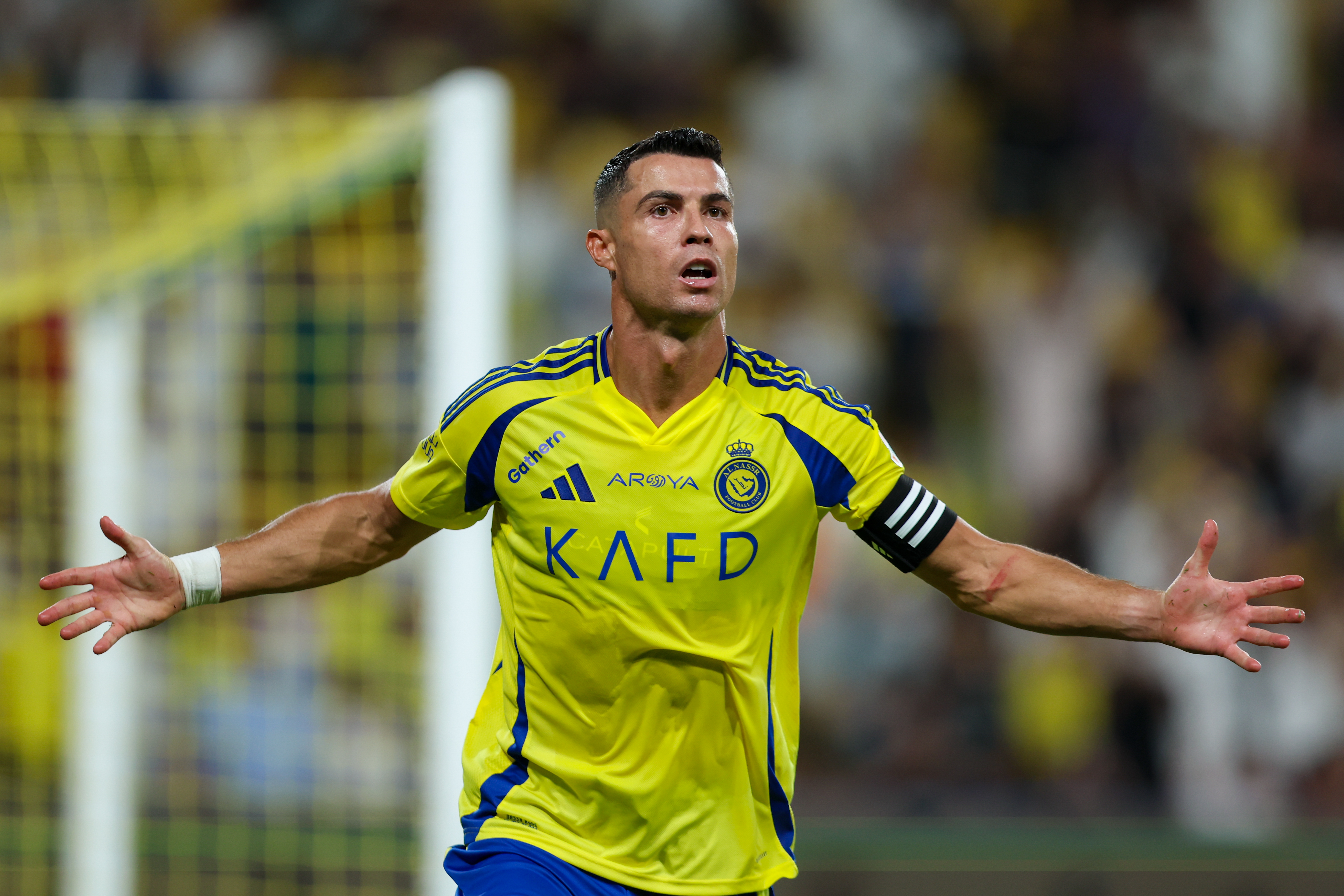England beware: the harsh lessons of celebrating emerging stars too early
U20 World Cup win is a boost for English football, but as the European U21 Championship gets underway in Poland, Seb Stafford-Bloor warns that age group tournaments can represent a false dawn
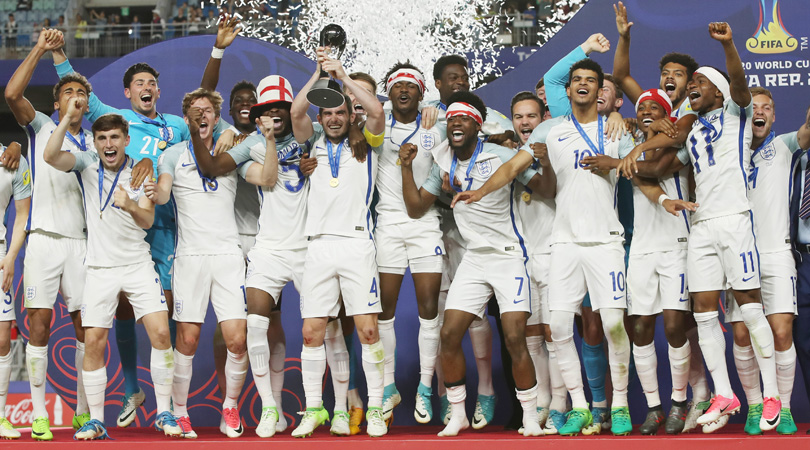
It was the summer of 2011 and England were making good progress through the U17 World Cup in Mexico. They would eventually fall 3-2 to Germany in their quarter-final, but this has been a successful first peak above the parapet for some of manager John Peacock’s players.
Raheem Sterling would, within four years, move to Manchester City for an astronomical fee, Nathaniel Chalobah progressed through the age-groups to become a regular in Chelsea’s matchday squad, and Jordan Pickford improves to become the most exciting English goalkeeping prospect of his generation.
Then there's Blair Turgott. The Bromley-born winger enjoyed an excellent tournament, jinking and accelerating down the right wing, leaving a succession of full-backs in his wake. In the last-16 game against Argentina, which England would eventually win on penalties, Turgott gave another strong performance before being replaced late in the second-half by Nathan Redmond.
From West Ham’s academy through brief spells with Bradford, Leyton Orient, and Coventry, Turgott finds himself a non-league player. Worse, he faces a conviction for money laundering and fraud
It wasn’t a symbolic substitution, but it certainly looks like one now. In 2017, Redmond is an established Premier League player and on the fringes of the senior international squad. Sadly, after a slide down the divisions, from West Ham’s academy through brief spells with Bradford, Leyton Orient, and Coventry, Turgott finds himself a non-league player. Worse, he faces a conviction for money laundering and fraud.
Turgott glistened in 2011. Sterling may have been the one heading for the stars, but he wasn’t far behind. To watch him beat his man and attack the touchline was to see a player who unquestionably had a future in the professional game. How could he not? He was quick, skilful and understood his role in the team: tick, tick, tick. But here lies one of the difficulties in assessing developing talent: ability, even when it’s that apparent, just doesn’t matter as much as it should.
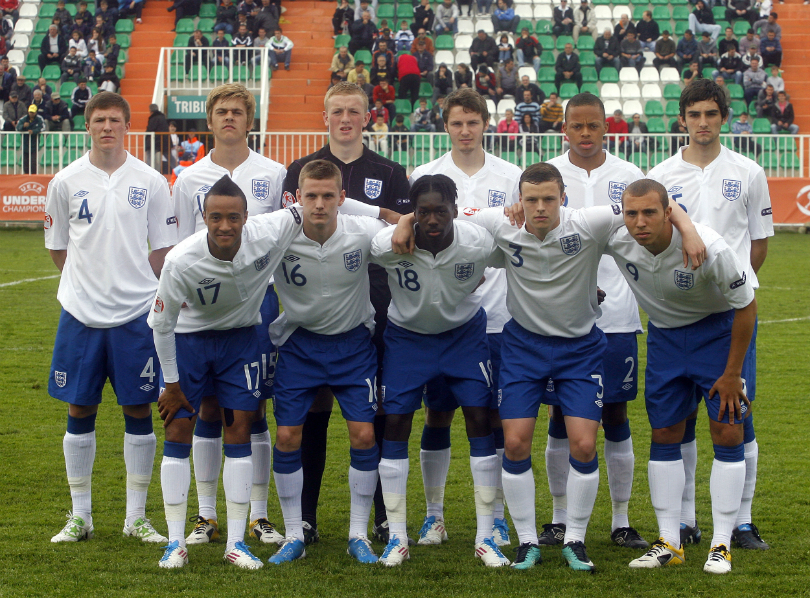
Youthful English promise
The latest round of youth tournaments are already underway. England finished as runners-up in the U17 European Championship at the end of May, have just won the U20 World Cup and the Toulon Tournament, while their U21 side are in Poland and immersed in this summer's European Championship.
Each competition brings with it a fresh batch of talent and a global context in which to stand out. By their end, anybody who has taken a passing interest will be able to present a range of players capable of dominating the next generation. Last year it was Brahim Diaz, Jose Gomes and Atakan Akkaynak. This year who knows? The YouTube compilations will go up and the projections of imminent stardom will begin.
Get FourFourTwo Newsletter
The best features, fun and footballing quizzes, straight to your inbox every week.
The biggest difference is also the most obvious and the most frequently overlooked: these young players are people, all with different strengths, mindsets and vulnerabilities
In Michael Calvin’s recent book, No Hunger In Paradise, one of the continual themes the author encounters in his detailed trawl through football’s preparatory networks is the importance of emotional durability. It becomes apparent that almost all of the players mentioned are extremely talented and that, all things remaining equal, they would each move on to become professionals.
The trouble, invariably, is that all things are not equal. Yes, academy facilities fluctuate between clubs, different coaches vary in their ability to catalyse development, and certain athletic or tactical prejudices unwittingly damage the prospects of certain players. However, the biggest difference is the most obvious and the most frequently overlooked: these young players are people, all with different strengths, mindsets and vulnerabilities.
A more general theme concerning these embryonic players is the ratcheting pressure to which they are exposed as they advance through the system. The effect is hard to anticipate given the many variables and, obviously, the range of different threats. A young footballer’s likelihood of “making it” certainly depends largely on their technical and athletic ability, but also upon the durability of the character within which those attributes are encased.
Clearly that involves mundane challenges like responding well to injury or not being selected, but also to the kind of adversity which the public rarely considers. What kind of family life and support network does the prospect have access to, for instance, or what additional stresses are being placed upon him from outside the sports world?
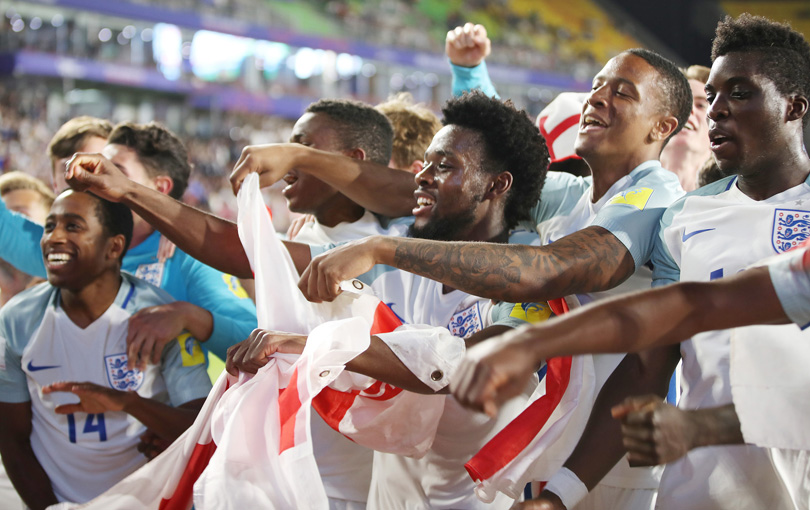
Invariably, the trouble with youth tournaments is that they give the illusion of permanence. Put an international shirt on a 16- or 17-year-old, place him within official-looking surroundings and he would seem to exist in a stable environment. An artificially incubated world in which his ability alone will determine his progress.
Should that player actually stand out at such a level, the temptation to draw neat conclusions is even greater; talent which shines brightly must surely translate to the adult game. Right?
In 2007, Holland won the European U21 Championship on home soil. Barring a narrow escape against England in the semi-finals (which they won after a lengthy penalty shootout), Foppe de Haan's team swept to victory and, at the time, looked to be a side full of future international greats. But that never materialised.
Early performances just aren’t as instructive as we’d like to believe
Hedwiges Maduro and Erik Pieters had very respectable careers and Ryan Babel briefly threatened to, but the rest of that team have failed to make an impression in the 10 years since. Maybe De Haan’s coaching performance elevated those players beyond their natural level or perhaps, as seems more likely, early performances just aren’t as instructive as we’d like to believe.
Nobody from that team exemplifies that more than Royston Drenthe.
A cautionary tale
Drenthe wasn’t just good in 2007, he was fabulous. By far the most influential performer at the tournament, he was rightly awarded the Golden Player award and very soon after agreed a move from Feyenoord to Real Madrid. But his trajectory soon took a sharp turn.
His time at the Santiago Bernabeu was blighted by bad relationships with managers Bernd Schuster and Jose Mourinho, stemming from his tendency to challenge authority. That pattern would repeat itself on loan at Everton during the 2011/12 season, where he would lose David Moyes’s faith inside a year. By 2016 and with a nomadic trawl across Europe’s second-tier to his name, Drenthe retired from football at the age of just 29.
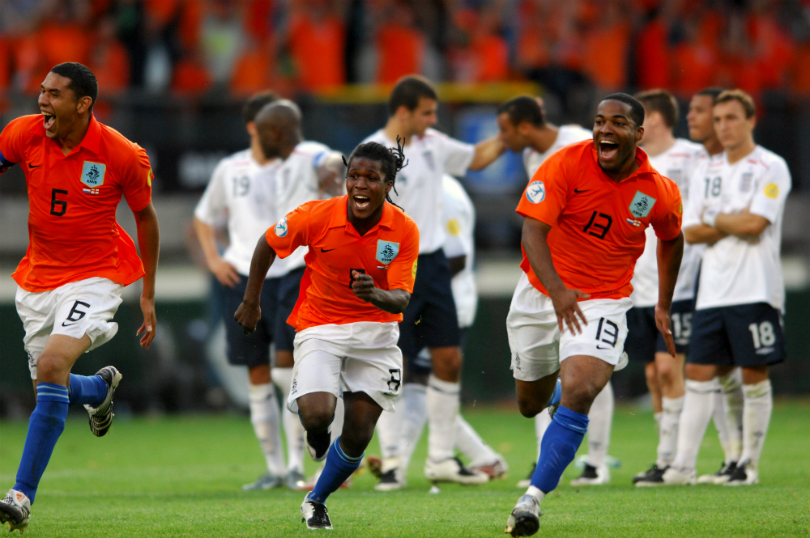
It’s not an unusual tale. What makes it pertinent here is how close the player came to superstardom before ultimately failing. Drenthe was no Sonny Pike. Expectations around his career were built on tangible proof rather than just novelty news items. His performances at that 2007 European Championship remain some of the best in the competition’s history. However, in retrospect there isn’t a better example of just how little talent actually matters - or, at least, how secondary it is to the value of having the right personality.
Over time, Drenthe’s unwillingness to bend himself to the game and adapt to situations which weren’t to his liking denied him the future his talent should have given him access to. More importantly, his imperfections didn’t appear until long after the watching world had conclusively determined - within reason - that he was heading for immortality.
Professional football is a unique world and it’s impossible to fully prepare someone for life within that bubble - or to anticipate how they’ll react until they're actually inside. As he later said: “I was living in a different world. And I realise I have ruined it all myself. I can’t believe I blew it at Everton, one of the most fantastic clubs in the Premier League. My attitude and poor mentality are the reasons I ruined my career there.”
Nobody knew. Least of all Drenthe himself.
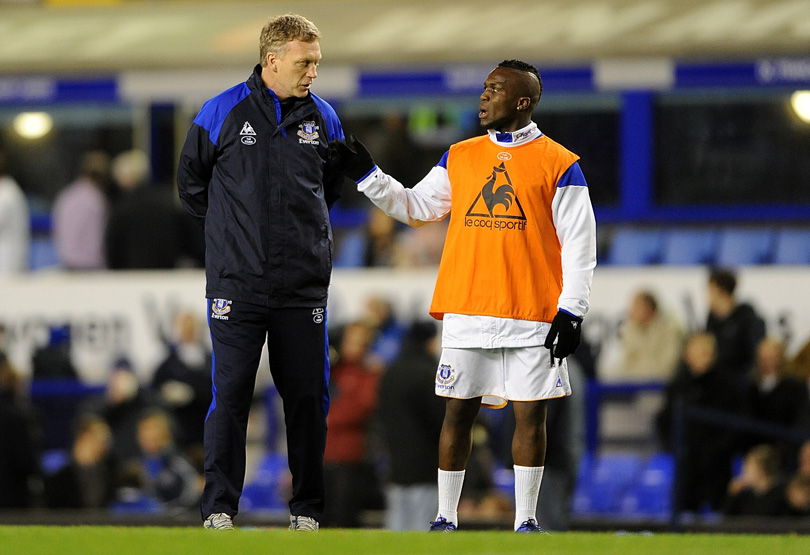
It’s football’s equivalent to applauding a ship’s construction before it heads to sea. In dry dock, the hull will always look watertight and the rivets nicely welded, but the ocean is violent and unpredictable and until the waves start crashing against the bow, nobody can quite be certain whether it will sail.
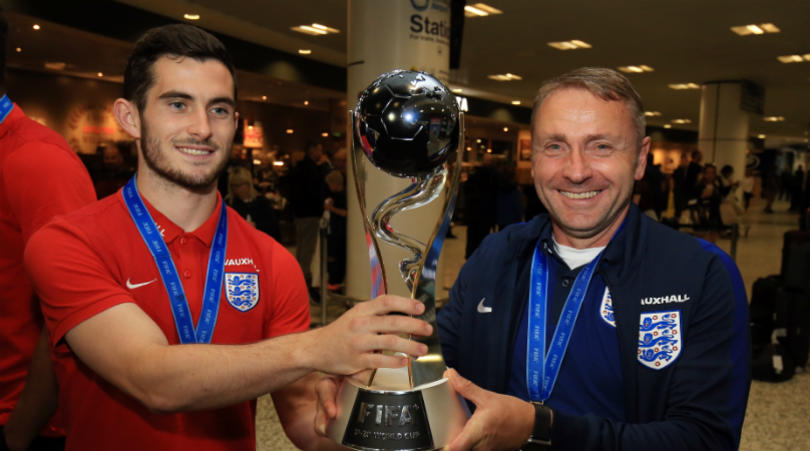
The remarkable rise of England U20 manager Paul Simpson: from non-league boss to World Cup winner
Remembering Lilleshall: Football’s answer to Hogwarts
In sport, those pressures are varied: how does someone react to the money, to the challenge of living in a different country. If they come from a disadvantaged background, are they able to extricate themselves properly and grow freely into their new life? The challenges are big, small, different and, ultimately, endless.
Over the coming summer, the anointing oil will be splashed liberally as the world identifies new Messis, Ronaldos and Neymars. But while plenty of those players will fulfil their promise, many more will fail. Yes, these age-group competitions have provided a first glance at some of the most gifted footballers on the planet, but sometimes they also represent the height of a career or, worse, the start of the descent towards becoming a cautionary tale.
They don’t know where they’re headed yet and, of course, neither can we.
New features you'd love on FourFourTwo.com
Seb Stafford-Bloor is a football writer at Tifo Football and member of the Football Writers' Association. He was formerly a regularly columnist for the FourFourTwo website, covering all aspects of the game, including tactical analysis, reaction pieces, longer-term trends and critiquing the increasingly shady business of football's financial side and authorities' decision-making.
